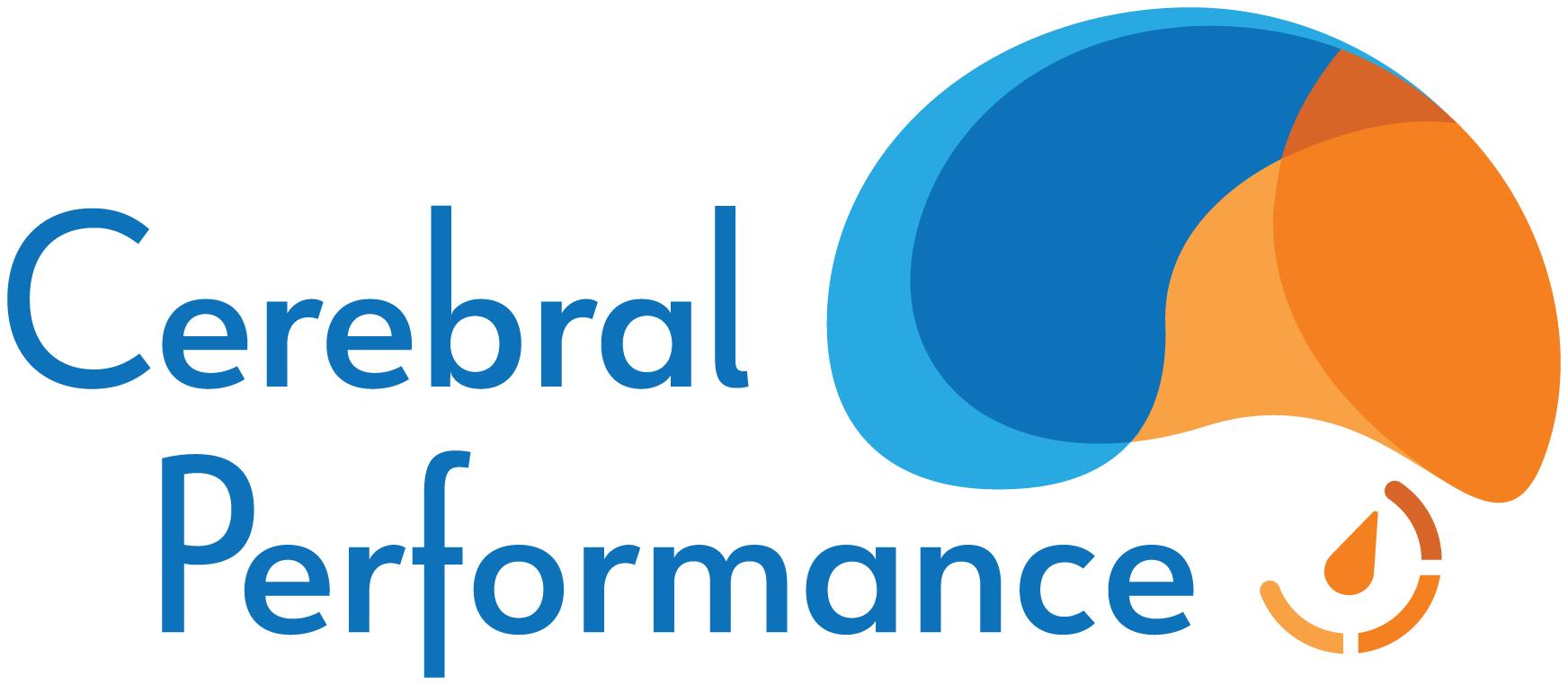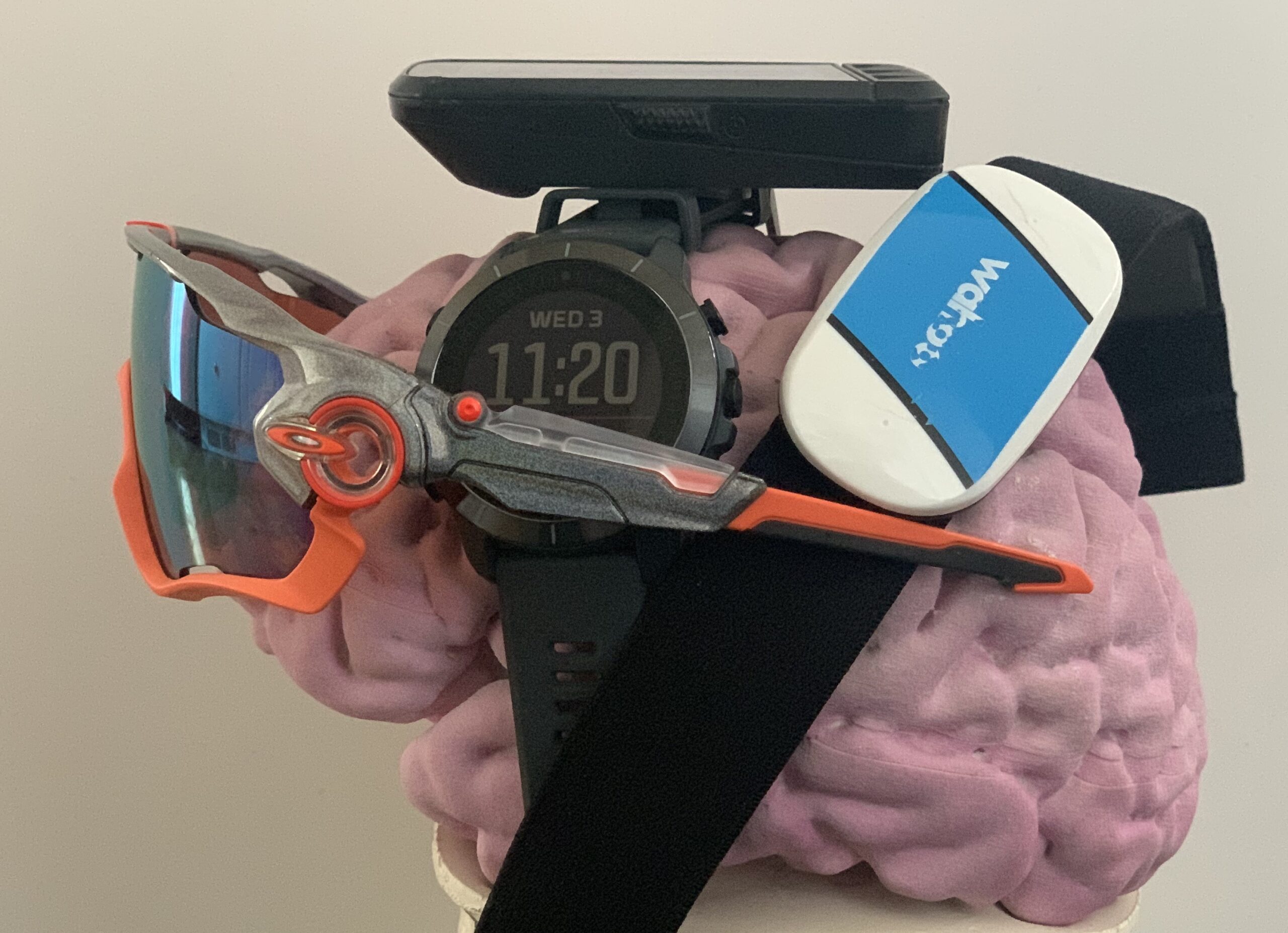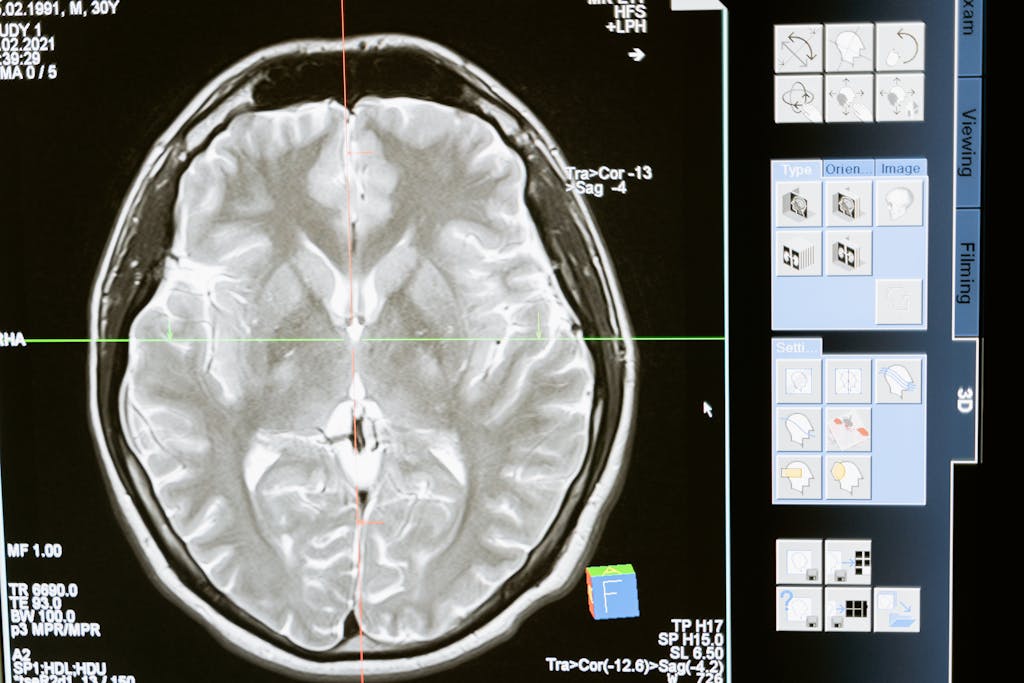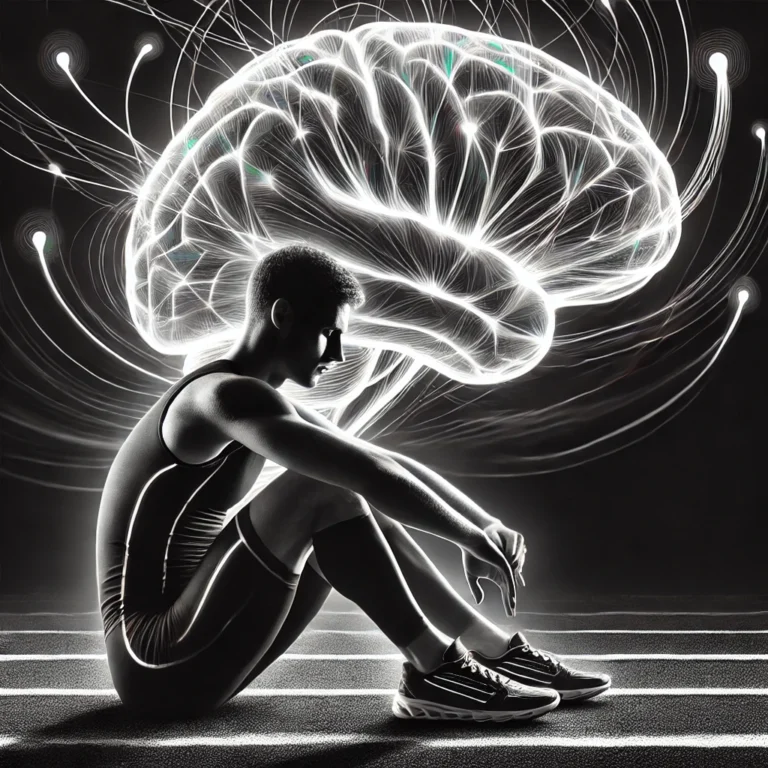Why More Data Won’t Make You a Better Athlete: Focus on Perception
Contrary to how it may appear, more devices and monitors aren’t going to make you a better athlete. In fact, data may be distracting us from mastering the one skill that is vital to performing our best—perception.
The only “device” that can tell you whether to match the pace of a competitor, when to ratchet up the effort, dial things back, or if you have enough gas left in the tank is the one between your ears.

Your watch or bike computer are the wrong places to be looking for answers.
Thanks to several billion years of evolution, we come equipped with an exquisite suite of sensors that provide continual feedback about the world around and within us. Our big brains evolved to interpret this information and use it to guide our behavior adaptively. It is why we are here!
To perform better, you must train your perceptual skills with as much dedication as you invest in developing your muscular, metabolic, and cardiovascular systems.
Can you hold an endurance pace, sustain a tempo effort, or drop threshold intervals based entirely on perceived effort? Try it out. Go ahead and record your favorite metrics, but only look at them afterward. How did you do? Are your perceptions calibrated reasonably with measured power, heart rate, pace?
One way to improve perception is to perform what I call “black out” intervals. Sounds awful, right? Don’t be scared by the name! The idea is to alternate periods of work guided by your usual metrics (heart rate, power) with intervals gauged only by perceived exertion. Collect data throughout, and use the metrics you gather during the “black out” intervals to calibrate your perceptions. Do this consistently and you will become a more intuitive athlete, able to trust your perceptions when it counts.







